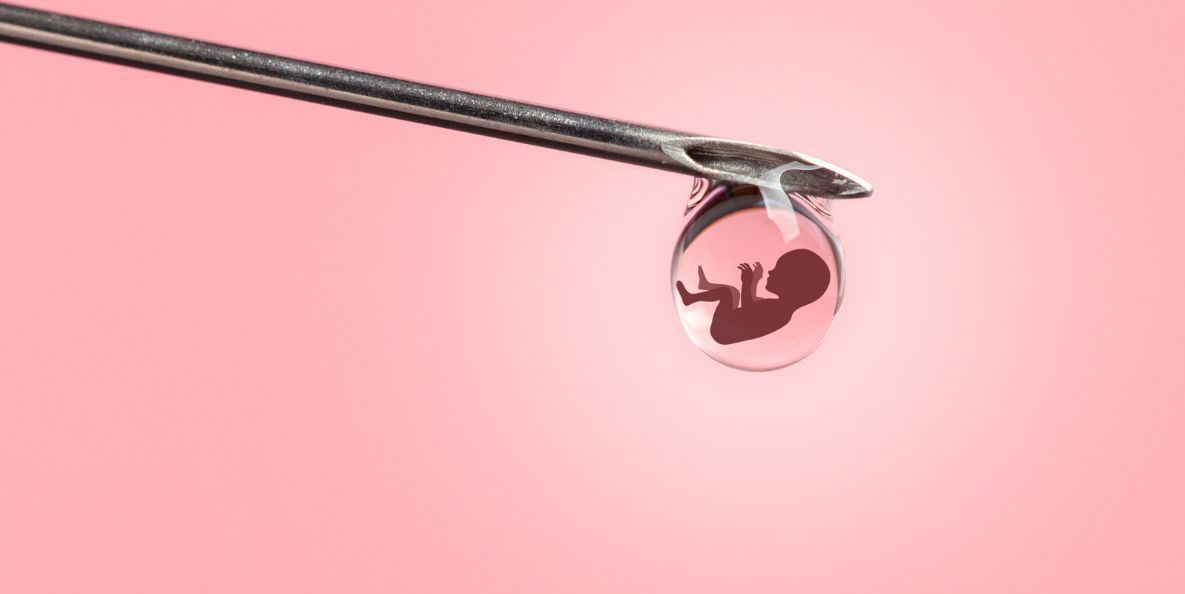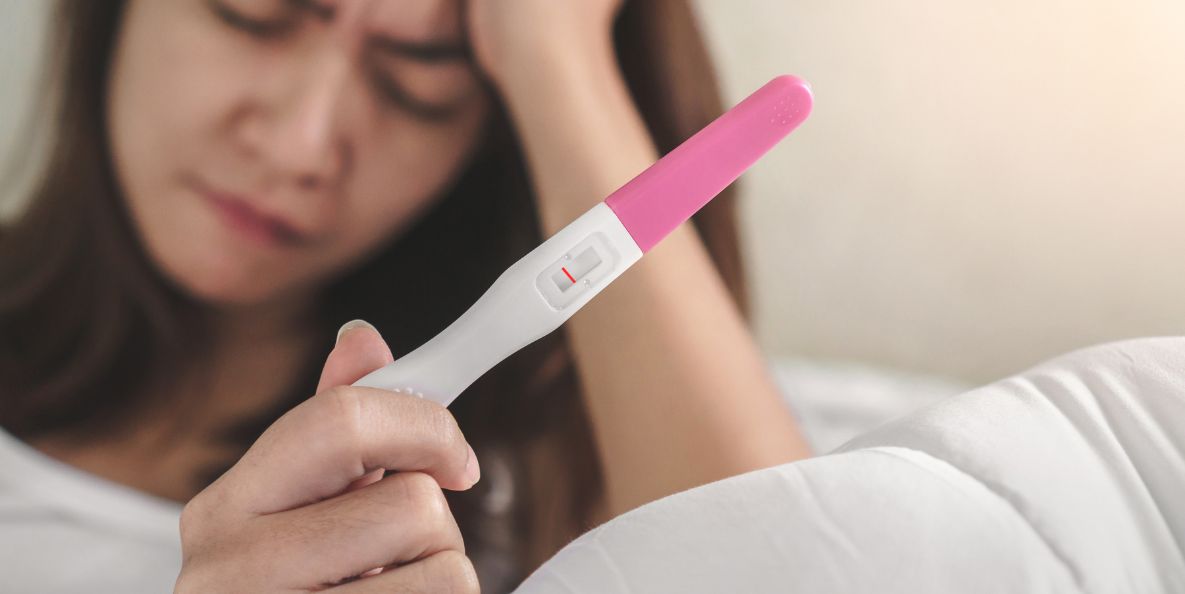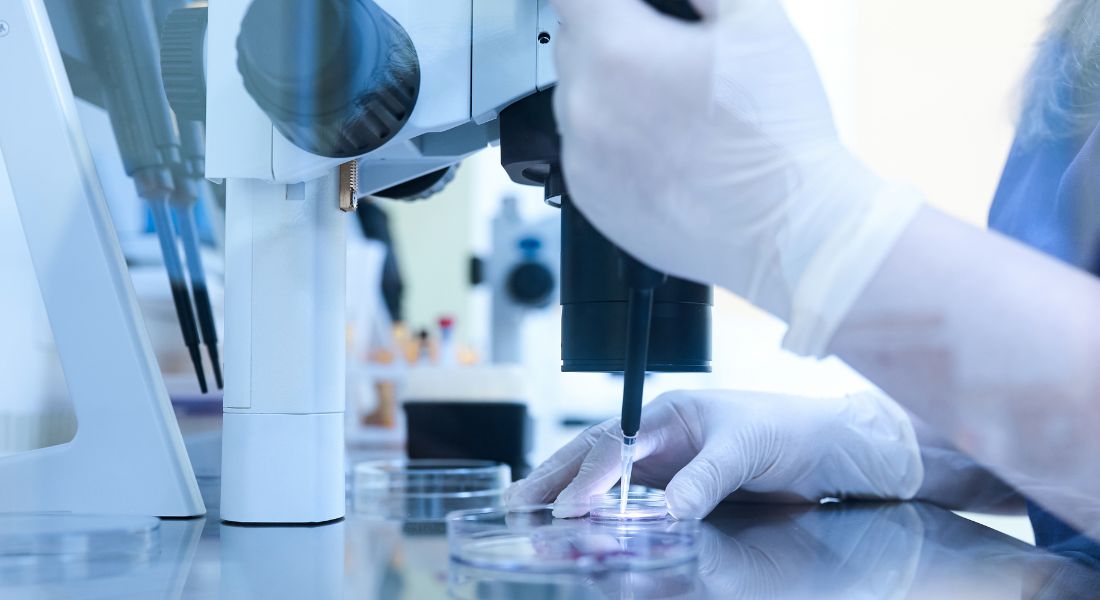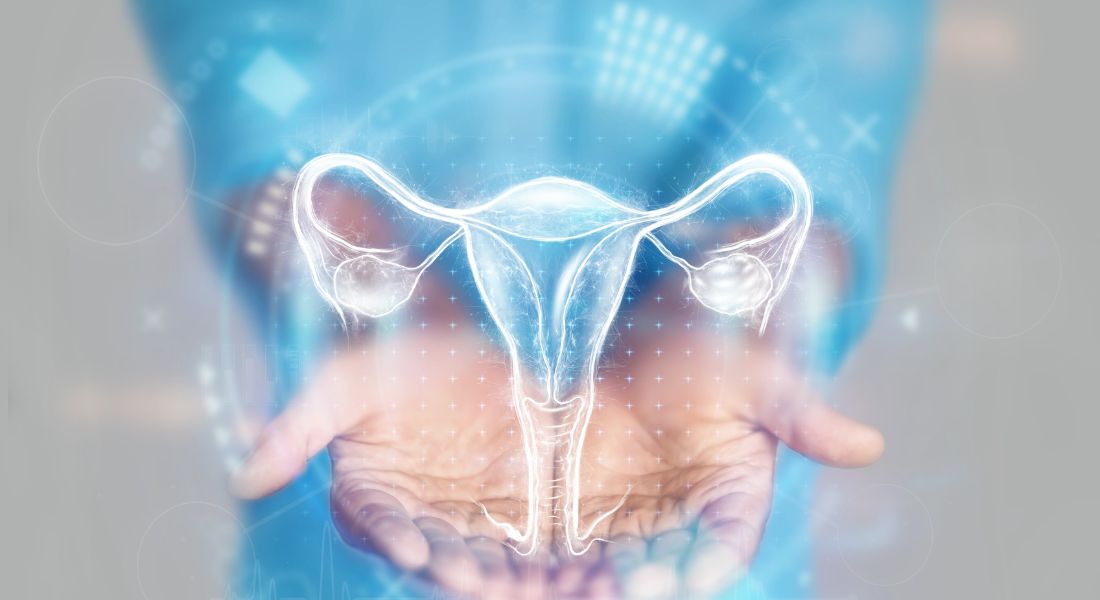Categories
All you need to know about IVF
Oct 31, 2022
In Vitro Fertilization (IVF) can help you get closer to conceiving if you are having problems doing it the natural way. Getting extra help while you are trying to get pregnant could help you start your family. IVF treatment can be an option that you can explore if you have tried every other fertility option and have failed. This infertility treatment can help you immensely. If you have already started your IVF treatment, then you will need some of these things to remember that IVF makes your journey easier.
In Vitro fertilization is a medical method of conception wherein, the egg from a woman and the sperm from a man is fertilized outside of the female body. This allows doctors to provide the proper environment for the eggs and the sperms to fertilize. Along with this, the fertilized egg, known as the embryo is grown under constant supervision and then implanted inside the uterus. In some cases of In Vitro fertilization, women also choose to get their eggs or even embryos frozen for future use, when they are ready to have children. When the embryo is transferred to the uterus, it hopefully embeds itself in the uterine wall. When this happens, the IVF treatment is considered successful and a woman would carry the baby just like a normal pregnancy.
There are several stages that you would have to go through during the whole process of infertility treatment. You may also require more than one IVF cycle to get successfully pregnant. Most women require more than one IVF cycle. Here some of the stages of the in Vitro fertilization-
1.Preparation:
This is one of the most important stages of this treatment that you can do on your own. Preparing yourself, mentally as well as physically, is important if you want the infertility treatment to be successful. For most women, this stage begins around two to four weeks before they start your treatment cycle. Your doctor might want you to undergo some tests that will show what all changes you will have to make to your lifestyle and your body to ensure that the treatment is successful. You might have to make small lifestyle changes, start eating healthy, let go of junk food, do exercise, etc. Along with this, you may also be given some medication to make sure that your body is ready, you have all the vitamins, minerals, and other nutrients required to increase the chances of successful treatment, and that your menstrual cycles are regulated. Doing all of these things increases the chances of the treatment and also makes the later stages easier.
2.The next step is the beginning of the actual In Vitro fertilization process. There is not much to be done during this stage by you or your doctor. The first stage is usually considered the first day of your period in the month when you are scheduled to begin the infertility treatment. When you start your period, you are required to inform your doctor so that the necessary arrangements can be made to start the process.
3.After you get your periods, your doctor will prescribe some fertility medications that will help prepare your body for the upcoming steps. These fertility drugs will stimulate your ovaries and hence, would push them to produce more eggs than normal. This is done to ensure that the doctors can get several eggs at once for fertilization as only one or a few of them will make it to the last stage of the treatment.
4.In this next step, you will be given a hormone called human chorionic gonadotropin. This hormone acts like the hormones present in your body but stimulates the ovaries to release eggs more than usual. After you have been given this hormone, you will have to wait for 36 hours, for the eggs to be extracted. Your doctor will then take out the eggs for harvest.
5.After your eggs have been taken out of your body, they will be harvested and will be kept in conditions that will mimic the human body. This will ensure that the eggs are fresh and the next steps go smoothly. Meanwhile, your partner, or if you have a donor, will be required to give the sperms that will be used to fertilize the harvested eggs.
6.The fertilization process has to be completed within a few hours after the eggs have been taken out of the body. Once the fertilization process has begun, you will then be given another hormone, known as progesterone that tells your body to be prepared for a pregnancy. Your uterus will be prepared for fertilized eggs and the hormone will ensure that the embryo will be embedded in the uterine wall and a healthy pregnancy will begin.
7.Once your eggs have been fertilized, it will take about a week for the embryos to be ready to be put back in the uterus. The embryos will be put through a non-invasive procedure. Not all embryos will be viable or healthy enough to be put back in your body.
8.Once your embryos are put back inside the body, you will be required to take supplements and any other medication that your doctor prescribes. Your doctor will also conduct frequent check-ups to ensure that the embryos are healthy and growing inside the uterus.
To know more about the process or speak to BirthRight Fertility by Rainbow's Fertility experts.











